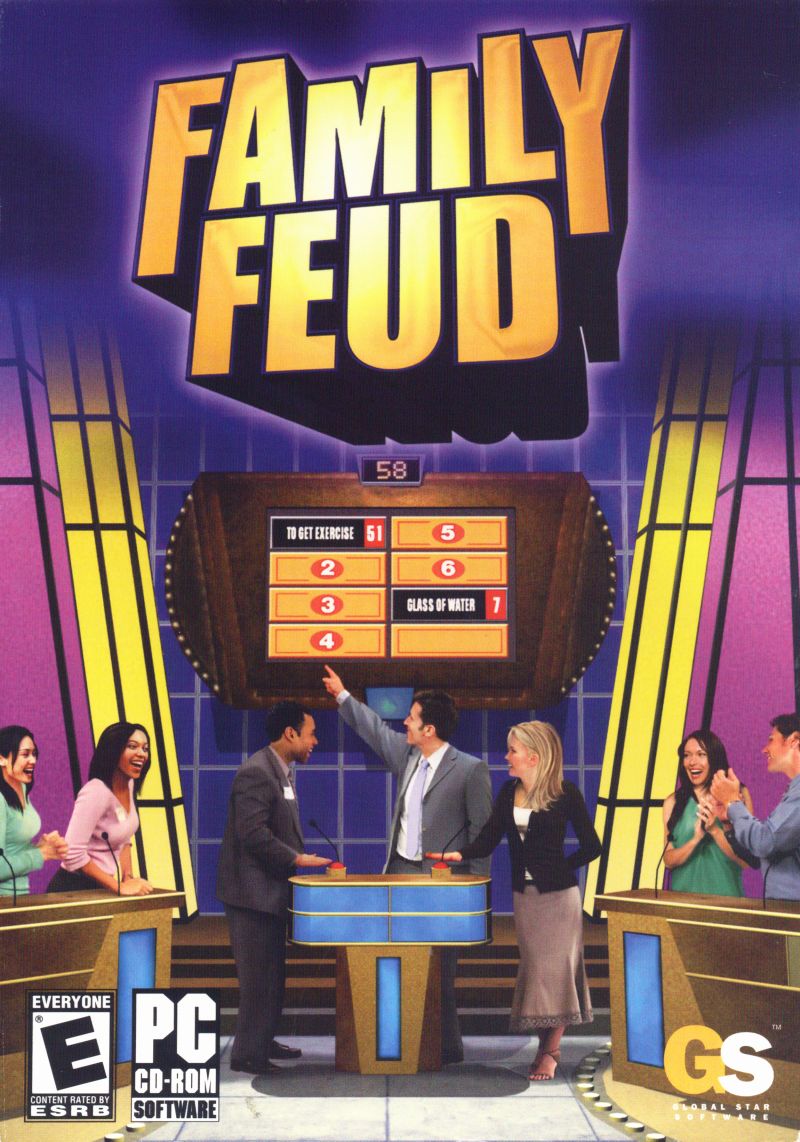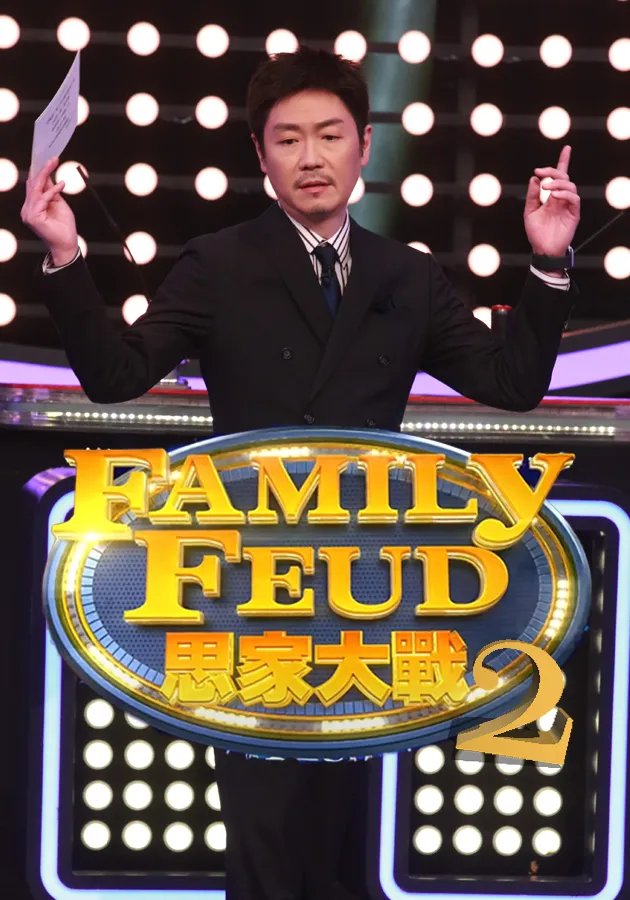Why do feuds persist for so long, often consuming the lives of those involved? A feud is not merely a disagreement; it is a prolonged state of enmity that festers over time, sometimes spanning generations. Such conflicts can destroy families and communities, leaving scars that never fully heal. In today's world, where disputes are often settled through legal means or mediation, the concept of a blood feud might seem archaic, yet its emotional undercurrents continue to resonate in modern storytelling.
The Feud on Channel 5 offers an intriguing exploration of this theme, set against the backdrop of suburban life. The series delves into the complexities of human relationships, revealing how seemingly trivial matters can escalate into full-blown vendettas. At its heart lies Barbara’s decision to remain silent about her suspicions regarding Emma and John's involvement in her husband’s death. This choice underscores the psychological toll that feuds exact, as well as the moral dilemmas faced by individuals caught in their grip. By choosing silence, Barbara avoids further conflict but risks perpetuating the cycle of mistrust.
| Personal Information | Details |
|---|---|
| Name | Jill Halfpenny |
| Date of Birth | June 14, 1963 |
| Place of Birth | Yorkshire, England |
| Career Highlights |
|
| Awards & Nominations | Recipient of several accolades for her work in television and theater. |
| Reference | IMDb Profile |
In the realm of television dramas, few concepts have proven as enduringly fascinating as the feud. Whether fictional or based on real-life events, these narratives captivate audiences with their intensity and emotional depth. Ryan Murphy’s anthology series Feud exemplifies this fascination, focusing on iconic rivalries such as the one between Joan Crawford and Bette Davis. Through meticulous scripting and powerful performances, the show brings to life the personal and professional tensions that define such conflicts. Each episode unravels layers of animosity, offering viewers insight into the motivations and vulnerabilities of its characters.
Meanwhile, across the Atlantic, British television has also embraced the theme of feuds, albeit with a distinct cultural lens. The Feud, aired on Channel 5, presents a contemporary take on the subject, blending elements of suspense and drama. Set in a picturesque suburb, the story unfolds around a community torn apart by suspicion and betrayal. Jill Halfpenny and Rupert Penry-Jones deliver standout performances, embodying the nuances of their characters' inner turmoil. Their portrayals highlight the fragility of trust and the ease with which it can be shattered.
Feuds are not confined to interpersonal dynamics; they often extend into broader societal contexts. Historical records abound with tales of clans and families locked in bitter struggles over land, honor, or power. These accounts serve as reminders of humanity’s capacity for both cooperation and confrontation. In literature and film, such themes provide fertile ground for creative exploration. From Shakespearean tragedies to modern thrillers, storytellers continually revisit the idea of revenge and reconciliation, finding new ways to engage audiences.
The psychological aspects of feuds warrant particular attention. Studies suggest that prolonged hostility can lead to significant mental health issues, including anxiety and depression. For those ensnared in such conflicts, breaking free requires immense courage and resilience. Yet, history shows us that resolution is possible, even if it demands compromise and forgiveness. As depicted in The Feud, characters grapple with these challenges, illustrating the complexity of human emotions and the difficulty of achieving peace.
Moreover, media representations of feuds often reflect societal attitudes toward justice and morality. In some cultures, retribution remains an acceptable form of redress, while others advocate for restorative practices. These differing perspectives enrich our understanding of conflict resolution, encouraging dialogue about effective strategies for addressing grievances. Television series like Feud and The Feud contribute to this discourse by presenting diverse viewpoints and sparking conversations among viewers.
Technological advancements have altered the landscape of modern feuds, introducing digital dimensions to age-old disputes. Social media platforms amplify voices, enabling rapid dissemination of information—and misinformation. While this connectivity fosters global awareness, it also exacerbates divisions, fueling online altercations that mirror offline tensions. Navigating this dual reality poses unique challenges, requiring individuals to balance expression with empathy.
Ultimately, the enduring appeal of feud narratives lies in their ability to mirror universal truths about human nature. They remind us of our shared capacity for passion, whether expressed through love or hatred. By examining these extremes, we gain valuable insights into ourselves and others, fostering greater understanding and compassion. Whether experienced firsthand or observed through art, feuds compel us to confront difficult questions about identity, belonging, and forgiveness.
As television continues to evolve, so too will its treatment of this timeless theme. Future productions may explore emerging forms of conflict, incorporating virtual realities and artificial intelligence into traditional narratives. Such innovations promise to expand our comprehension of what constitutes a feud, pushing boundaries while honoring the essence of the genre. For now, however, audiences remain captivated by stories rooted in authenticity, drawn to characters whose struggles echo their own.
In conclusion, the study of feuds offers much more than mere entertainment value. It provides opportunities for introspection and growth, challenging us to rethink assumptions about conflict and resolution. Through compelling storytelling, creators like Ryan Murphy and Channel 5 producers inspire reflection, inviting viewers to consider alternative approaches to resolving differences. As long as people harbor passions—both noble and flawed—the allure of feud narratives will endure, resonating across cultures and eras alike.



